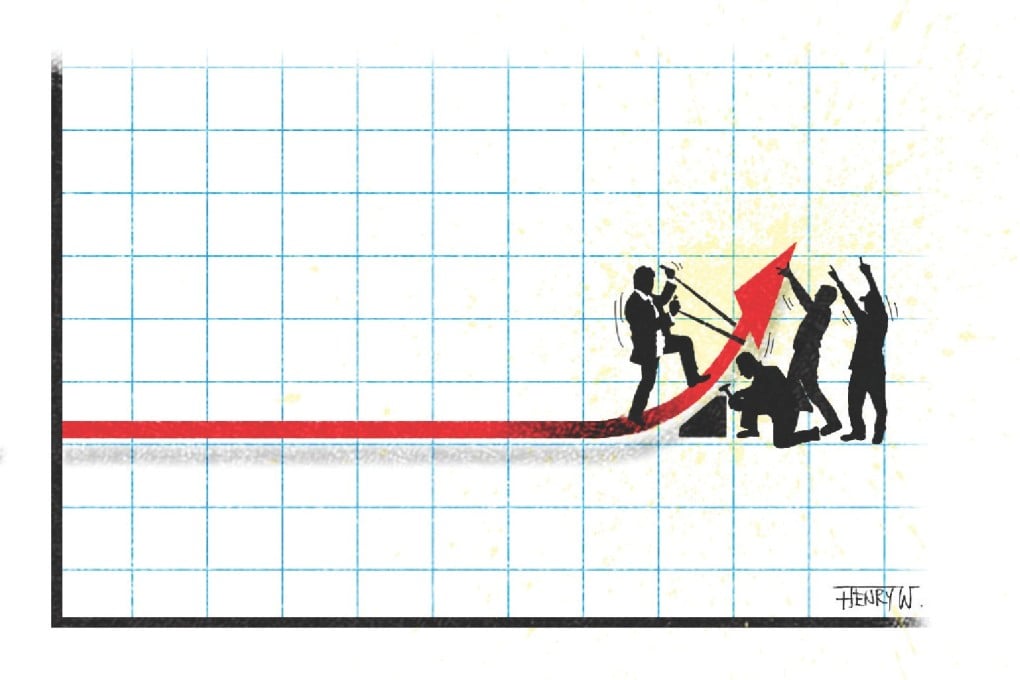As price rises slow, China must beware the problem of low expectations
Qu Hongbin and John Zhu say while passing the GDP test, China is not doing enough to prevent the economy from falling into disinflation, a problem it should fix in 2015

As 2014 draws to a close, what would a report card for China's policymakers look like? Growth takes most of the attention, but it is on inflation where the authorities have missed their target by a proportionally wider margin. This disinflation is likely to continue, and we forecast consumer inflation to stay below 2 per cent next year and in 2016.
Whatever the gross domestic product growth in 2014 turns out to be, it won't be far away from the government's 7.5 per cent target. It can reasonably claim to have sustained growth within a reasonable range in a difficult external environment. However, the same cannot be said of its record on inflation. The consumer price index eased to a five-year low of 1.4 per cent in November, year on year, and has averaged 2 per cent for the year. The government's target was set at 3.5 per cent back in March, so with their interest rate cut in November, the authorities were only doing what should have been done earlier in the year.
Economists make judgments on the size of the "output gap", or the difference between actual and potential growth, when forecasting inflation. We think China's economy has the potential to grow faster, but recent data points to activity slowing further, so the gap is widening and leading to lower inflation. Even if you believe that China's potential growth has also fallen sharply - an argument we reject - the slowdown in both the activity and inflation data, low capacity utilisation and evidence of underemployment still point to slack in the economy.
This has been driven by a lack of demand, not just in China but globally as well. Of course, the recent fall in oil and other commodity prices have also meant a large drag on inflation from the supply side. However, given that China is now the world's largest net oil importer, a deficiency of demand in China is bound to have a negative feedback effect on global oil prices. This is not the same kind of disinflation China used to export to the rest of the world, which was driven by domestic productivity gains.
The outlook for inflation in 2015 depends on whether the output gap closes or gets wider. The authorities still have room to loosen policy if they want to. After all, China is still a long way from zero interest rates. However, the signals coming out of Beijing so far suggest we are unlikely to break the disinflationary trends.
There has been plenty of speculation over what the State Council's 2015 GDP growth target will be. We think rather than the single numerical targets of previous years, it will name a range of between 7 per cent and 7.5 per cent. The main reason is probably to make it an easier target to hit.